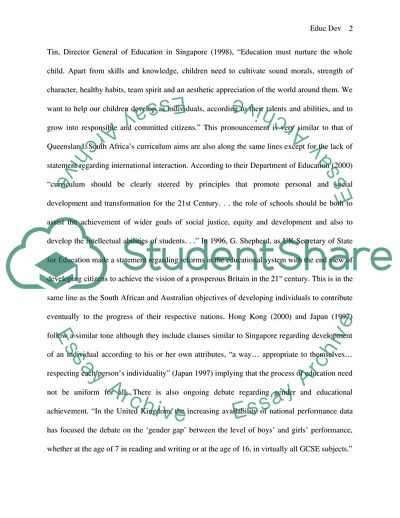Cite this document
(Reformation After Receiving Education Case Study, n.d.)
Reformation After Receiving Education Case Study. https://studentshare.org/education/1713708-educational-develepment-and-the-curriculum
Reformation After Receiving Education Case Study. https://studentshare.org/education/1713708-educational-develepment-and-the-curriculum
(Reformation After Receiving Education Case Study)
Reformation After Receiving Education Case Study. https://studentshare.org/education/1713708-educational-develepment-and-the-curriculum.
Reformation After Receiving Education Case Study. https://studentshare.org/education/1713708-educational-develepment-and-the-curriculum.
“Reformation After Receiving Education Case Study”. https://studentshare.org/education/1713708-educational-develepment-and-the-curriculum.


